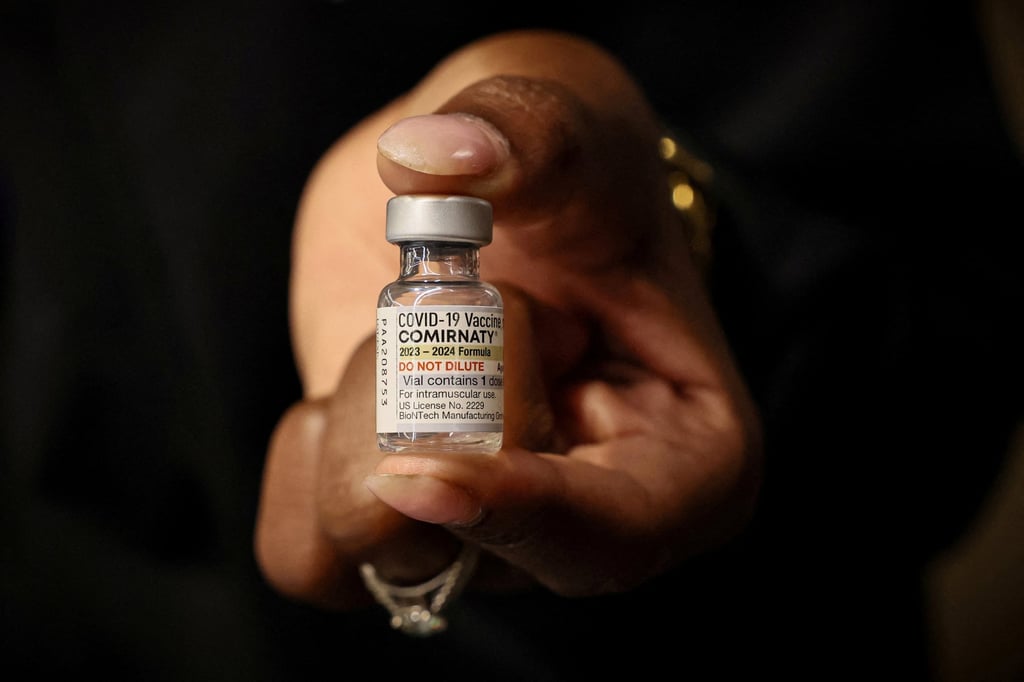Terror of long Covid remains common even as pandemic eases, data shows
- Data increasingly suggests that getting vaccinated reduces the risk of long Covid among children and adults
- While research has hinted at a possible correlation between severity of initial infection and likelihood of developing long Covid, it can afflict even those who had only mild symptoms – or none at all

Long Covid remains common after coronavirus infection, even as cases of the syndrome have decreased since the start of the pandemic, according to the US Centres for Disease Control and Prevention (CDC).
However, data increasingly suggests that getting vaccinated reduces the risk of long Covid among children and adults – a factor health officials have cited as part of the rationale behind recommending virtually all Americans get a newly formulated vaccine this year.
“Those who do not get a Covid-19 vaccine have an increased likelihood of developing long Covid,” CDC epidemiologist Sharon Saydah said during a recent meeting of the agency’s Advisory Committee on Immunization Practices.

Long Covid refers to a wide range of physical and mental health problems that persist four or more weeks after a coronavirus infection. While research has hinted at a possible correlation between the severity of initial infection and likelihood of developing long Covid, the syndrome can afflict even those who had only mild symptoms – or none at all.
According to data from the 2022 federal National Health Interview Survey, 9 per cent of US adults age 35 to 49 reported having long Covid-19 at some point, with 4.7 per cent saying they currently had long Covid at the time they were surveyed, Saydah said. That age range was the most affected by long Covid.
Among those age 50 to 64, 7.4 per cent reported ever having long Covid, while 3.8 per cent said they currently had the syndrome. For those age 65 and older, 4.2 per cent said they had long Covid at some point, while 2.3 per cent said they currently had it.
Among the youngest adults, up to age 34, 6.8 per cent described ever having long Covid, while 2.7 per cent said they currently had it.
“Post-Covid conditions are common following Sars-CoV-2 infection,” said Megan Wallace, another CDC epidemiologist.
